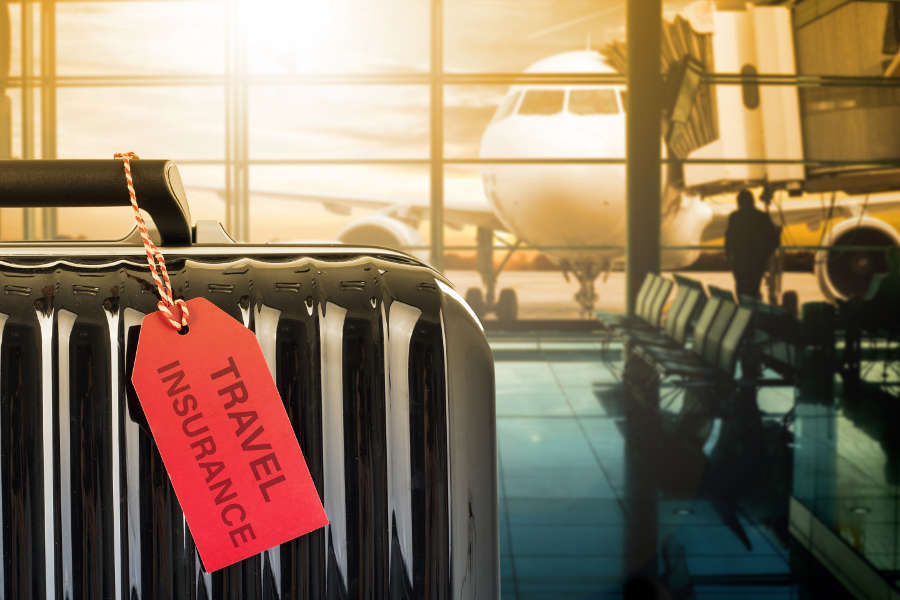10 travel insurance tips to prevent your dream holiday becoming a nightmare
Informing yourself about appropriate insurance improves the chances of your trip being stress-free.

Picture: iStock
Outbreaks of infectious diseases such Coronavirus (Covid-19) can ruin the best-laid travel plans.
While saving for a dream holiday, you don’t envisage that world-famous museums may be closed due to an epidemic, or that you could be confined to a ship’s cabin or a tiny apartment in a foreign country.
Justmoney commerical manager Sarah Nicholson says When you’re searching online for cheap flights, suitable accommodation and car rental deals, comprehensive travel insurance isn’t usually top of mind.
“Doing your research, however, and factoring appropriate insurance into your budget could be a lifesaver if disaster strikes.”

A passenger wearing a face mask holds a health advisory card upon arrival at the Kuala Lumpur International Airport. Picture: Mohd Rafsan / AFP
Nicholson offers the following 10 tips for travellers:
1. Fully refundable tickets and reservations are generally advisable when making your travel bookings.
2. Pay with your credit card as this provides you with travel insurance, but don’t presume that this will be sufficient. Note that your age, the duration of your trip, participation in dangerous sports and other factors will affect cover and costs.
3. Your medical aid could already offer some substantial travel insurance benefits, depending on your policy.

Picture: iStock
4. If you require additional travel insurance, buy this as soon as you book your holiday. Don’t leave it to the last minute as you will not be covered if there is an event in the meantime such as the hospitalisation or even death of a family member.
5. Shop around for travel insurance that suits your needs. Read the fine print and don’t be afraid to ask “stupid” questions. Check what’s offered in the case of epidemics and pandemics, travel disruption, medical benefits, emergency medical expenses and emergency medical evacuation.
6. Keep up-to-date on what’s happening in your holiday destination. The National Institute for Communicable Diseases (NICD) is particularly relevant to the African continent. The World Health Organisation (WHO) has frequent updates on global events and offers handy resources on health topics.
7. Check out policy conditions before making a cancellation call. For example, you may have to cancel your holiday within a certain period before departure, and even then you may not receive all your money back.

Picture: Supplied
8. If you hear of a few isolated disease cases, don’t rush to cancel your plans. Just because you are scared, or a few cases have been discovered, doesn’t mean you are in danger, and that your policy covers cancellation.
9. Much depends on whether governments and reputable health authorities have advised against all but essential travel to an area. If your own government officially advises its citizens not to travel to an area, and you booked before this notification, you are likely to be covered.
10. If you have an existing health condition and are vulnerable – for example a weakened respiratory system ‒ then you are more likely to be covered in the case of a disease outbreak. Request a letter from your doctor to support your claim.
For more news your way, download The Citizen’s app for iOS and Android.
For more news your way
Download our app and read this and other great stories on the move. Available for Android and iOS.









